BLOG
Global Switch launches liquid cooling suite at London Docklands data center
Global Switch has launched a showcase of liquid cooling technologies at its data center in London’s Docklands. Working with six vendors, the company has set up the suite to demonstrate to its enterprise clients the different liquid cooling solutions that can be deployed within its data halls.
The suite, located in GS2/London East, features single and two-phase immersion cooling systems, as well as direct-to-chip technologies, from vendors including Liquidstack, SuperMicro, and Vertiv.
The liquid cooling showcase:
Global Switch serves a roster of enterprise and hyperscale clients across its colocation data centers, and Ben Ryder, the company’s solutions engineering director, said: “Our clients at the leading edge want to know how we can support liquid cooling deployments, and this is a way to demonstrate our flexibility.
Global Switch’s plans for London:
Global Switch currently operates two sites in the Docklands - London East and London North - and last year officially announced plans for a third site, London South, which will offer 40MW across 27,000 sqm (290,625 sq ft).
The campus has 224MVA of power available and already hosts H100 and H200 GPUs for CoreWeave, in what Global Switch claims is Europe’s largest deployment of the Nvidia hardware.
Global Switch is also in the process of refurbishing GS2 for liquid cooling. The company said it is identifying multiple halls in the building from 3MW to 12MW, and in some cases, will be removing the raised floor.
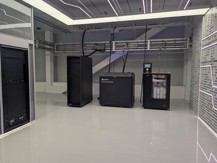
DCX launches first 5MW CDU
DCX has been selected to provide the first 5MW Facility Distribution Units (FDUs), Facility Water Systems (FWS), and Technology Cooling Systems (TCS) loops for a state-of-the-art AI campus in France.
This Tier III–quality campus will rely on DCX’s liquid cooling technologies to deliver exceptional reliability, energy efficiency, and performance for AI-driven workloads.
The Facility Distribution Unit (FDU) defines new category of high-capacity Coolant Distribution Units, engineered not for individual rack rows but for a complete data halls / facility installations in hyper-scale data centers, efficiently cooling large-scale, high-density AI server racks.
FDU offers a heat transfer capacity of up to 5MW at an approach temperature of approximately 8°C with a flow rate of 360 m³/h. Advanced features include highly available N+1 redundant pump system of 4 pumps, condensation-free control, automatic coolant leveling, leak detection, and remote monitoring of essential parameters.
Designed for high-performance computing (HPC) and GPU-intensive clusters, the FDU utilizes ASHRAE W3/W4 warm water to meet the stringent cooling needs of high power environments.
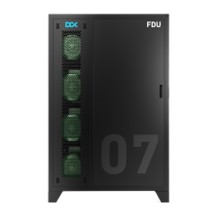
Submer immersion pod deployed outside Milan, Italy
An immersion-cooled pod has been deployed outside Milan, Italy. MGH Systems recently announced the launch of Italy's first immersion cooling deployment. The move is part of the company’s move into offering data center solutions.
The company is working with lubricant firm Castrol, immersion cooling firm Submer, electronics firm Compal, and Italian broadcast company Dacta, with commissioning expected in the first week of June 2025.
MGH said the proof of concept deployment brings together Castrol's thermal management fluids, Submer's immersion cooling systems, and Compal's server platform.
Dacta Broadcast was founded at the turn of the year by MB Holding, and acquired radio transmitter maker Elenos, also taking over radio/broadcast equipment maker Itelco and modulation solutions provider ProTelevision Technologies. Itelco, founded in 1962, was acquired by Elenos in 2015.
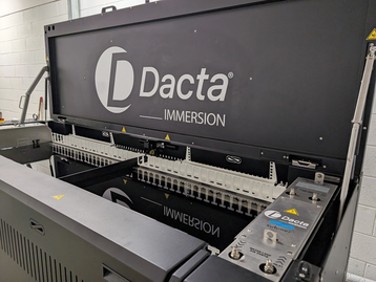
Germany’s Maincubes tops out latest Frankfurt data center
European data center firm Maincubes has topped out its latest data center in Frankfurt, Germany.
Plans for FRA03 were announced in January 2022, with construction starting in Q4 2024. Set on a 17,000 sqm (18,2986 sq ft) plot, the three-story building will offer 7,680 sqm (82,666 sq ft) of white space. Due to launch in Q3 2026, it will be able to offer liquid cooling.
Located in Schwalbach am Taunus, Hesse, the campus was previously owned by Samsung. The company announced in 2020 that it would be relocating its German HQ from Schwalbach to neighboring Eschborn by 2024.
Plans for the 20MW FRA02 facility were first announced in July 2021; construction began a year later, and the company launched the site in April 2024. At the time of planning, the company said part of the site had been pre-leased to an unnamed public sector IT client.
The company has also announced plans for a fourth data center in Frankfurt and its first and second in Berlin. In 2015, Keppel DC REIT acquired a then yet-to-be-constructed Maincubes data center in Offenbach, outside of Frankfurt.
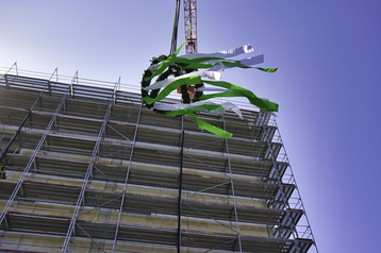
Advanced nuclear developer TerraPower closes $650m fundraise, with backing from Nvidia
Advanced nuclear reactor firm TerraPower has closed a $650 million fundraising round, with backing from Nvidia’s venture capital arm, NVentures.
The company, which is developing an advanced nuclear reactor paired with a gigawatt-scale energy storage system, known as the Natrium reactor, also received backing from founder Bill Gates and HD Hyundai.
The Natrium reactor is a 345MWe sodium-cooled fast reactor with a molten salt-based energy storage system. According to the company, through its unique storage system, the technology’s capacity can be boosted to up to 500MWe for more than five and a half hours when required.
The company broke ground on its first plant in 2024 and expects to receive regulatory approval from the Nuclear Regulatory Commission next year. If it acquires approval, it will become the first commercial advanced nuclear technology to do so in the US market.
Commenting on the investment, Mohamed Siddeek, corporate vice president and head of NVentures, stated: “As AI continues to transform industries, nuclear energy is going to become a more vital energy source to help power these capabilities.”
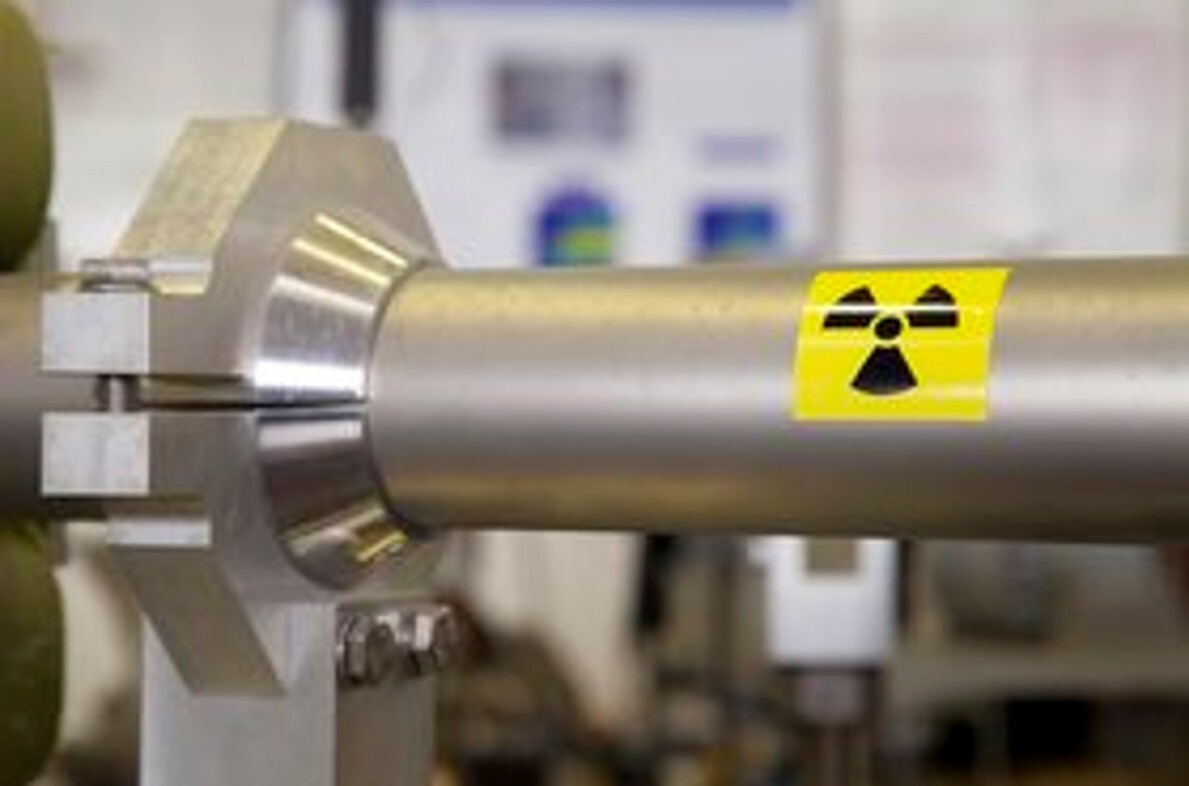
xAI to use Oracle Cloud Infrastructure to train and run inferencing for Grok
Oracle has revealed some of the AI companies using its cloud and AI infrastructure for training models, including Elon Musk's xAI.
xAI will use Oracle Cloud Infrastructure's (OCI) AI infrastructure for the training of its next-generation Grok models and to run inference workloads.
The models will also be offered via OCI's generative AI service.
Oracle has an extensive fleet of GPUs in operation, including its "OCI Superclusters" made up of Nvidia GPUs. The company recently launched a Supercluster with 131,072 Blackwell GPUs, has another cluster of 65,536 Nvidia H200 GPUs, and an H100 Supercluster that can scale to 16,384 GPUs.
Big Red is also planning a supercluster of AMD GPUs, which will have 131,072 of the vendor's new MI355X chips.
[Oracle's many AI customers]
In addition to xAI, Oracle has detailed other AI companies using OCI for their model training and inference workloads.
Among the companies announced are Fireworks AI, Hedra, Numenta, and Soniox.
Inference platform Fireworks AI is using OCI Compute bare metal instances with Nvidia Hopper GPUs and OCI Compute with AMD MI300X GPUs to serve more than two trillion inference tokens daily.
Similarly, Soniox, an AI company working on foundational AI models for audio, speech, and language comprehension, is also using OCI Compute bare metal instances with Nvidia Hopper GPUs to train its model to recognize and understand speech across 60 languages with low latency and higher accuracy.
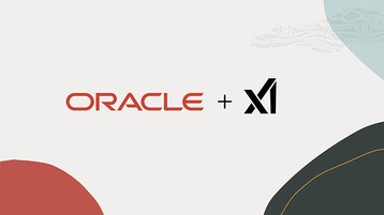
Cryptominer Hive Digital acquires Toronto data center for HPC and AI
Crypto firm Hive Digital has acquired a data center in Toronto, Canada, for HPC and AI uses.
The company this week announced the signing of a purchase and sale agreement to acquire a facility with 7.2MW of installed capacity.
Further details of the facility, the seller, and terms of the purchase were not shared.
With its first owned and operated Tier III-quality facility, Buzz HPC says it will deploy liquid-cooled compute infrastructure to support sovereign workloads, including large-scale AI training, inference, and cloud services tailored for Canadian enterprises, government initiatives, and AI innovators. Once upgraded, the site will reportedly be able to support up to 5,000 GPUs.
Aydin Kilic, President and CEO of HIVE, stated, "We enthusiastically take this next step forward to drive value for HIVE shareholders through BUZZ HPC. Craig Tavares has hit the ground running and is accelerating our vision to position HIVE and BUZZ HPC as leaders in Canada's high-performance computing data center industry. His deep expertise and leadership are helping us seize this opportunity to build sovereign, Tier III liquid-cooled infrastructure that will power the next generation of AI and HPC workloads.
The crypto firm previously had around 10MW in operation in Iceland. However, according to SEC filings, the company cancelled its contracts at facilities in Blonduos and Keflavik in January and November 2024, respectively. It previously had plans to launch a site in Norway, but these were dropped in 2021.
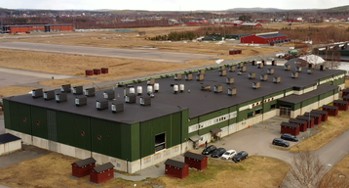
Microsoft to use custom AMD chip for next-gen Xbox, will also be deployed on the cloud
The next generation of the Xbox video game console will use AMD silicon.
More pertinently for this publication, the Xbox will be available over Microsoft's growing cloud gaming service, requiring the new AMD chip to be on Microsoft Azure.
For several years, the company has moved to shift the Xbox brand from beyond a single piece of hardware every generation to an interface to play games across as many devices as possible.
The existing console approach, currently available as Xbox Series X and Series S, will continue. So far, the consoles have been developed internally.
But Microsoft also plans to release handheld gaming devices, this time stepping back from development, with the Xbox Ally systems set to be developed by Asus. Both upcoming devices use AMD CPUs.
Key to Microsoft's strategy is its cloud push, with the company hoping to avoid the challenge of convincing customers to buy expensive systems, and instead simply stream the games from its Azure data centers.
Microsoft's largest competitor in the games console space, PlayStation, was an early entrant to the cloud gaming space, acquiring OnLive in 2012 and Gaikai in 2012. Initially offered under the PlayStation Now brand, and now part of the PlayStation Plus Premium tier, its total user base is unknown (it had 2.2 million in 2020, when the company last reported it).

xAI facing lawsuit over use of gas turbines at Memphis supercomputer
Elon Musk’s AI firm xAI is facing legal action over alleged violations of the US Clean Air Act at its Memphis data center.
The National Association for the Advancement of Colored People (NAACP) and the Southern Environmental Law Center (SELC) said on Tuesday (17 June) that they intend to sue the company over its use of natural gas turbines at the site.
The lawsuit contends that xAI did not obtain the necessary permits to legally operate the 26 natural gas turbines that were installed on the site to power its operations. SELC, which is representing the NAACP in the suit, has previously argued that the use of the turbines puts residents under significant health risks and was deployed without any oversight or notice to the local community.
In response, xAI has said that they received an exemption to operate the turbines for a period of up to 364 days without a permit. In a statement, xAI said the “temporary power generation units are operating in compliance with all applicable laws,” and it intends to equip the turbines with the necessary technology to reduce emissions going forward.
However, SELC senior attorney Patrick Anderson said that there is no such exemption for the turbines, and even so, the time elapsed already exceeds the apparent 364-day deadline.
Since then, it was reported that xAI had begun to remove some of the turbines at the site after a new electricity substation came online. In addition, reports also surfaced that the company had installed 168 Tesla Megapack battery energy storage units on the site to manage outages and demand surges.
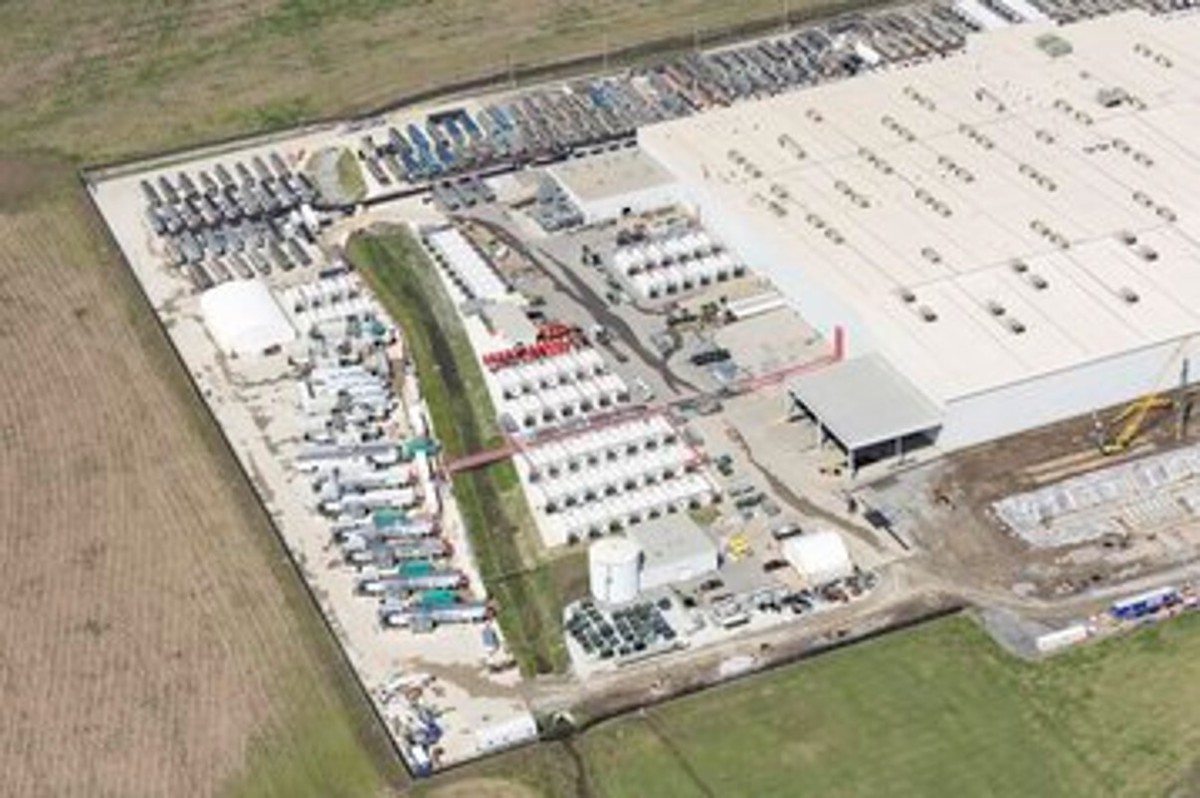
Leave A Reply
LOGO
This stunning beach house property is a true oasis, nestled in a serene coastal community with direct access to the beach.
Opening Hours
Monday - Friday : 9AM to 5PM
Sunday: Closed
Closed during holidays
Contact
+18888888888
hezuo@eyingbao.com123 West Street, Melbourne Victoria 3000 Australia



